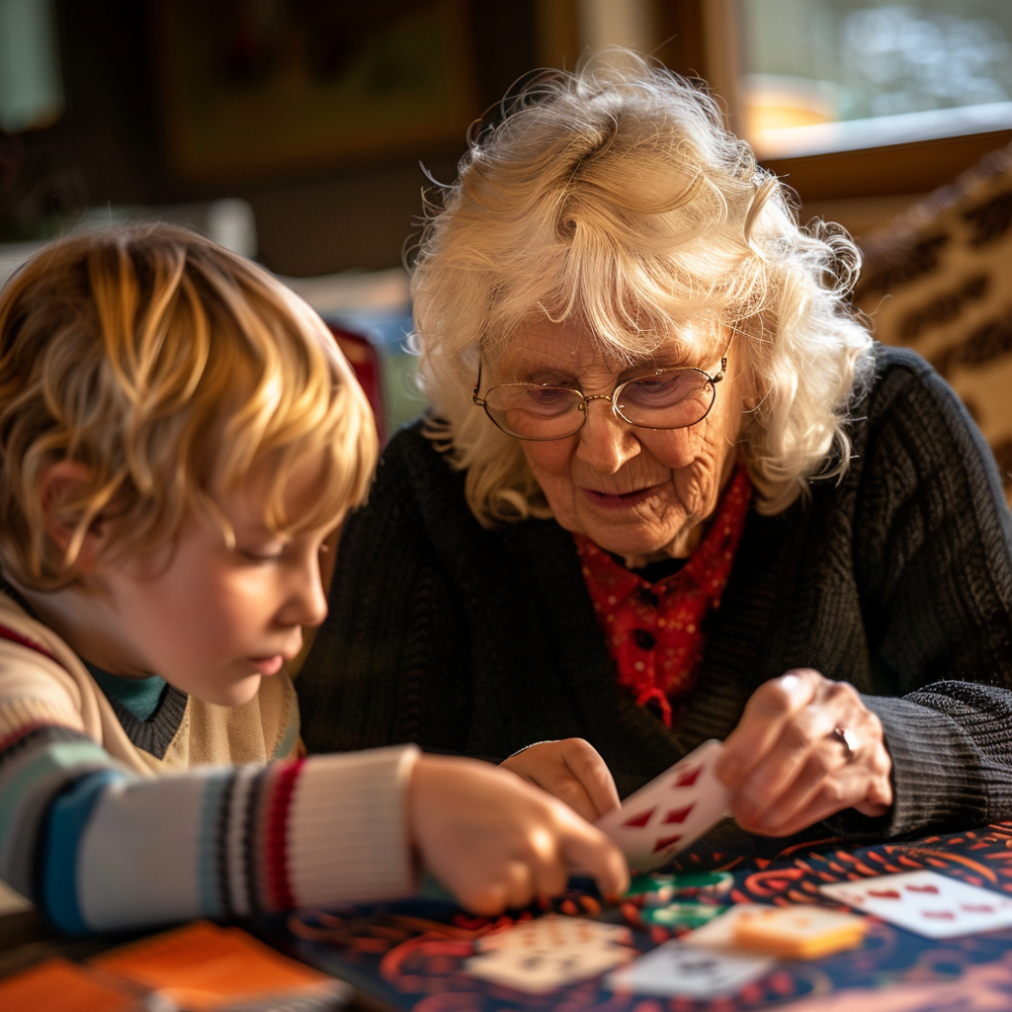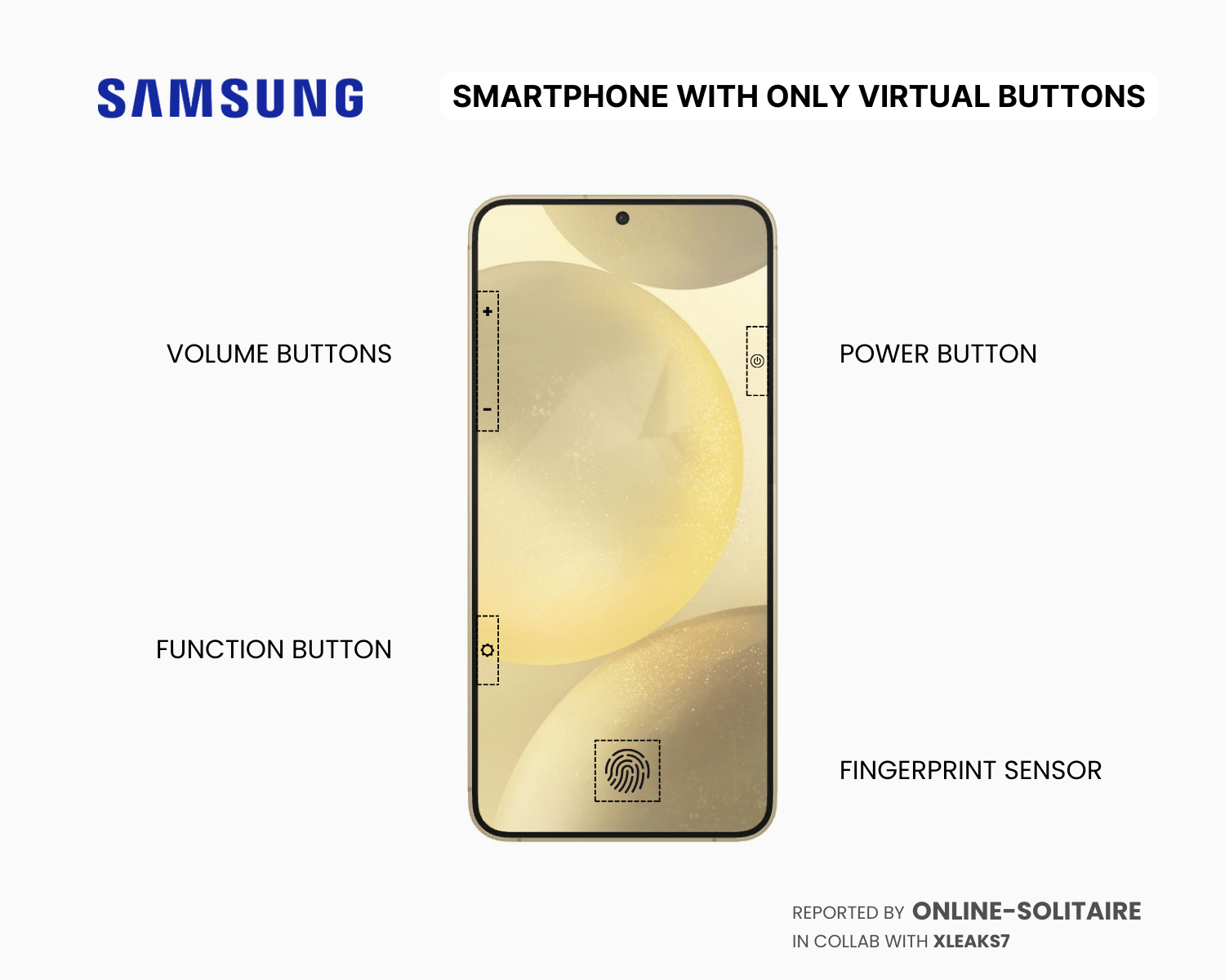From Focus To Flexibility: 7 Card Games That Boost Kids’ Cognitive Skills

If you’re looking for ways to make learning fun, card games are the answer. These games can do so much more for kids than just keeping boredom at bay for a while. They can help them improve their social interactions and develop vital cognitive skills without any pressure.
Some of the cognitive benefits that various card games offer children include enhancing critical thinking, exercising memory, boosting concentration and focus, and stimulating emotional intelligence.
Ready to get your kids playing games that give them a developmental boost? All you need is one or two decks of standard playing cards for them to get those cognitive cogs turning.
Focus: Crazy Eights
Crazy Eights is an easy-to-play, fun-filled game to help children develop focus and flexibility. The aim of the game is to match the value or suit of their opponent’s card. If they can’t match the card, they need to keep drawing cards until they find a match. However, if the player draws the eight of any of the four suits, they can use it as a wild (substitute) card and put it on the pile.
The nature of the game encourages kids to concentrate on the cards they need to make a match and adapt their thinking quickly if they draw a wild card.
Memory: Old Maid
Old Maid is a fantastic game for helping children improve their working memory skills. The objective is to form pairs of cards and discard them, and not to be left with the single queen (Old Maid) at the end. This means that players must remember which cards have been played and then use that information to make decisions. The mental demands of the game help kids to develop neural plasticity as a result of memory formation.
Perception: Matching Cards
A simple game suitable for helping young children improve cognitive skills such as perception, Matching Cards requires two standard decks of cards. To play the game, lay one suit out in front of your child, then show one card at a time and ask them to find the matching card.
The ability to group objects by shape, size, or color is a cognitive milestone and it encourages thinking, learning, and problem solving. By matching cards, kids develop their visual perception and improve the memory skills that help with problem solving and attention.
Planning: Go Fish
Go Fish is a great choice if you’re looking for a card game to help your child with their planning, communication and social skills. In Go Fish, each player receives seven cards to start and the remaining cards are put face-down in the middle of the table.
Players take turns asking each other if they have a specific number. If a player has cards with that number, they hand the cards over. If they don’t have any cards, they say, “Go fish.” The player who asked then chooses a card from the pile. When players have four cards with the same number, they put them face-up on the table. The first player to run out of cards wins.
Despite the easy premise, Go Fish is great for teaching kids how to plan ahead, use their critical thinking skills, communicate clearly and make decisions based on the answers they're given.
Reasoning: Gin Rummy
A hugely popular game played around the world, Gin Rummy can help your child develop their decision-making and reasoning skills.
The aim of the game is to form sets of three sequential cards in either the same suit or across the different suits - for example, three queens or three fours. Players take turns deciding to take the face-up card or to choose another from the pile before discarding a card. As players create sets of three, they lay them down on the table and can add to their own or other players' sets. The winner is the first player with no cards in hand.
The need for quick decisions, planning ahead, and analytical thinking ensures that Rummy is a powerhouse for developing minds. It teaches quick reactions and the ability to reason based on logic.
Problem-Solving: Solitaire
Exciting and entertaining, Solitaire is a single-player card game that can help children enhance their problem-solving skills. There are two aims in the game: the first aim and the overall aim.
The first aim is to draw and play certain cards into position to build up each foundation from ace through to the king, in number sequence and suit. The overall aim is to play the entire pack onto the foundations. The game can be made harder by drawing three cards at a time instead of one, or setting a timer to limit the amount of time between card draws. Different variations of the game exists and they all vary in levels of difficulty, with games like Freecell being on the easier end and Spider Solitaire on the hard end.
By consistently planning ahead, Solitaire stimulates the skills needed for planning. In turn, this helps the brain’s neural circuits create new synapses and reorganize and improve cognitive functions.
Emotional Intelligence: Switch
The original form of Uno played with standard playing cards, Switch is a great card game to help your children improve their language and creativity skills, and their emotional intelligence. The aim of the game is to be the first player without any cards. Each player receives seven cards. The remaining cards are placed in the centre of the table and the top card turned over and put next to the pile.
Each player puts down a card matching the number or suit of the face-up card in the middle. If a player puts down a card with a different suit, the other players must put down cards with that suit until another player changes it by putting down a card with the same number but with a different suit. Some cards bring special rules into play. The first player to put down all their cards is the winner.
Switch is an emotional rollercoaster and it’s an excellent opportunity for kids to communicate their feelings in a controlled environment. It teaches them how to cope with disappointments, sudden changes in emotion, and sharing in the excitement of a win—whether their own or someone else's.
Learning Through Play
One or two standard decks of playing cards are all it takes to put children on the path to learning and developing cognitive skills through play. Every round is good for their developing brains and provides numerous positive benefits.
So, if you want to give your kids a boost without making them feel like they’re at school or studying hard, get them playing these card games.




